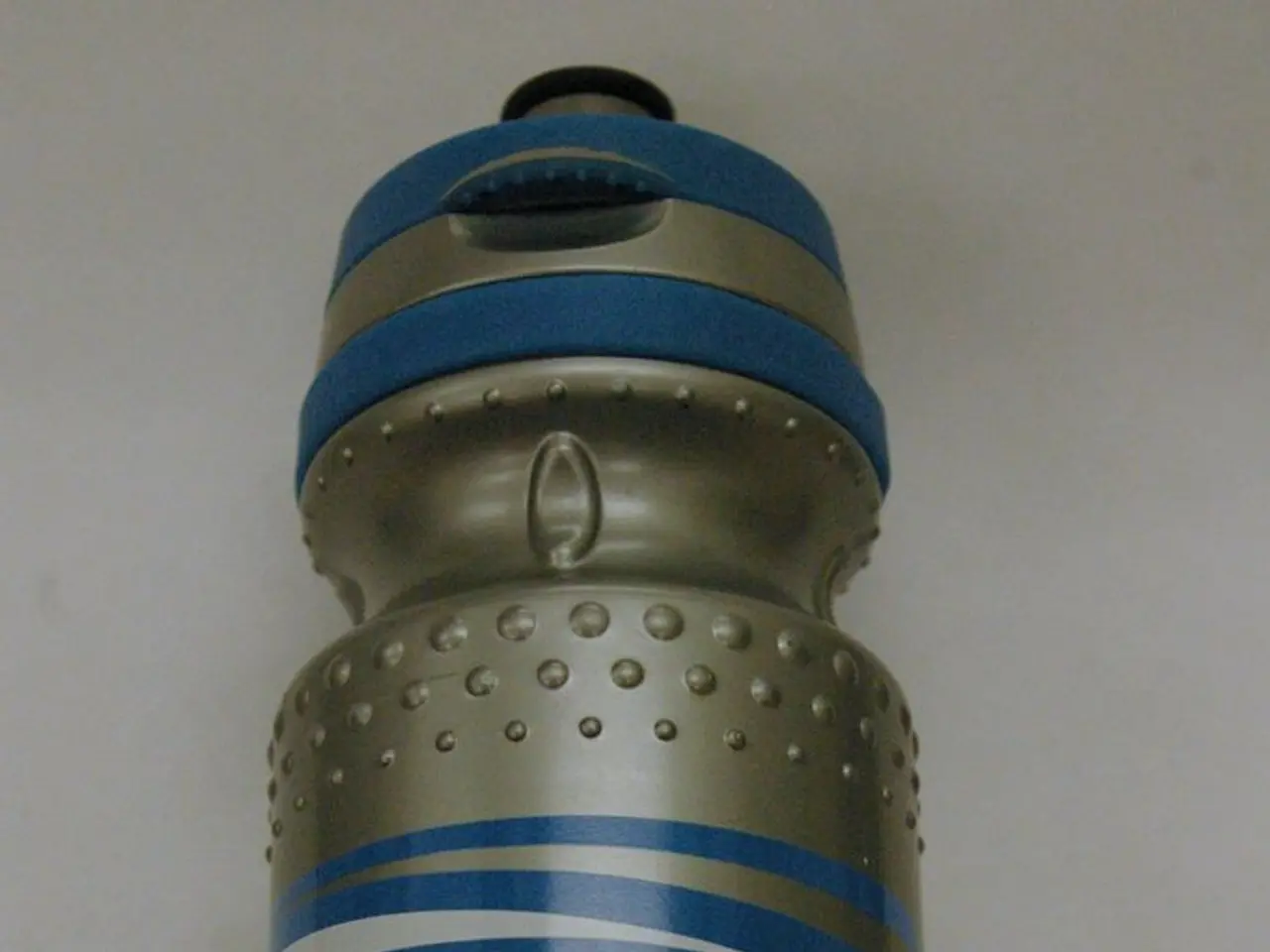Biontech, a leading German pharmaceutical firm, is set to acquire Curevac.
In a significant move, BioNTech, the German pharmaceutical company known for its groundbreaking work in mRNA technology, announced on June 12, 2025, its intention to acquire Tübingen-based rival CureVac in an all-stock transaction worth approximately $1.25 billion. The deal, which values CureVac at about $5.46 per share — a 55% premium over CureVac’s recent share price, is expected to close in 2025, subject to customary closing conditions and regulatory approvals.
The acquisition aims to strengthen BioNTech’s mRNA-based cancer research, development, manufacturing, and commercialization efforts, particularly focusing on two pan-tumor oncology programs including mRNA cancer immunotherapy candidates and the bispecific antibody candidate BNT327 (PD-L1xVEGF-A).
The transaction received unanimous approval from both companies’ boards and CureVac’s major shareholders. Following the announcement, CureVac’s stock price surged significantly, reflecting market optimism about the deal, though UBS downgraded CureVac’s rating to neutral citing valuation concerns after the acquisition news.
BioNTech currently advances several cancer immunotherapy candidates, including BNT327 (PD-L1xVEGF-A), which has shown Phase 2 anti-tumor activity and is in Phase 3 trials in lung cancers. Other promising programs include mRNA therapies BNT142 and BNT316/ONC-392, showing promising early clinical data in various solid tumors, and additional antibody-drug conjugates like BNT324/DB-1311 in development with FDA Fast Track status.
CureVac’s oncology pipeline includes mRNA-based cancer and infectious disease programs, notably the CVGBM glioblastoma immunotherapy entering Phase 1 Part B data readout expected in the second half of 2025. CureVac’s strong balance sheet positions it well to continue R&D investment as part of the combined entity.
The acquisition marks a significant milestone to synergize two leading mRNA technology platforms, bolstering BioNTech’s oncology capabilities while integrating CureVac’s resources and pipeline. Upon completion of the acquisition, expected by the end of 2025, CureVac shareholders are expected to hold between 4 and 6 percent of BioNTech.
This deal comes shortly after BioNTech's second billion-dollar deal, and the German government has confirmed its basic positive stance on the deal. BioNTech and CureVac were both involved in the race for a COVID-19 vaccine in 2020.
In a related development, BioNTech has recently announced a collaboration with US pharmaceutical giant Bristol Myers Squibb to develop BNT327, a promising cancer drug candidate. The agreement includes a $3.5 billion payment from Bristol Myers Squibb to BioNTech, with no strings attached, some paid in the second quarter and the rest by 2028. If certain development milestones are met in this collaboration, BioNTech could receive up to an additional $7.6 billion.
BioNTech, based in Mainz, Germany, is researching cancer immunotherapy, using antibody-drug conjugates and mRNA technology. The company plans to exchange each CureVac share for its "American Depositary Shares" (ADS). CureVac shareholders who do not initially tender their shares will be offered the same consideration per share in a subsequent restructuring.
The acquisition of CureVac by BioNTech is more than just a business step for CureVac CEO Alexander Zehnder, who expressed his excitement about the opportunities this deal presents for both companies to push the boundaries of mRNA-based cancer therapies even further.
- The economic and social policy implications of BioNTech's acquisition of CureVac extend to the health-and-wellness sector, as this deal could significantly advance mRNA-based cancer research and development.
- In the realm of science and finance, BioNTech's collaboration with Bristol Myers Squibb to develop BNT327, a promising cancer drug candidate, reflects the company's commitment to innovation in mental-health, given the potential of BNT327 for cancer immunotherapy.
- The business landscape of the finance and health-and-wellness industries could be reshaped by BioNTech's acquisition of CureVac, as the merger of these two leading mRNA technology platforms could lead to breakthroughs in oncology.




